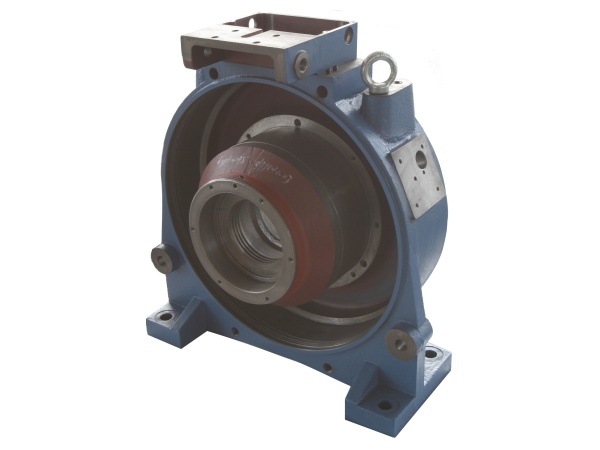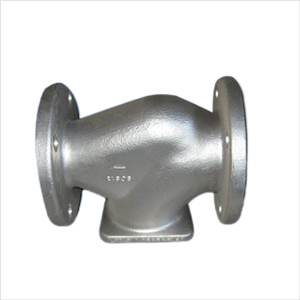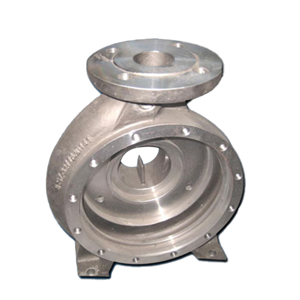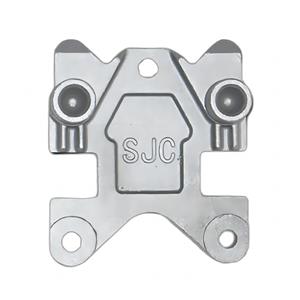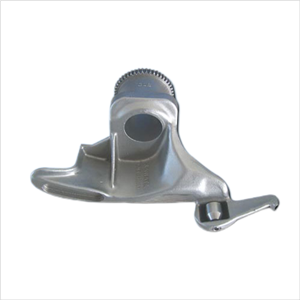What is The Difference Between Cast Iron Motor Housing Made of Aluminum Profiles and Cast Iron?
Cast Iron Motor Housing can be manufactured using different materials, with aluminum profiles and cast iron being two common choices, with some differences between them.
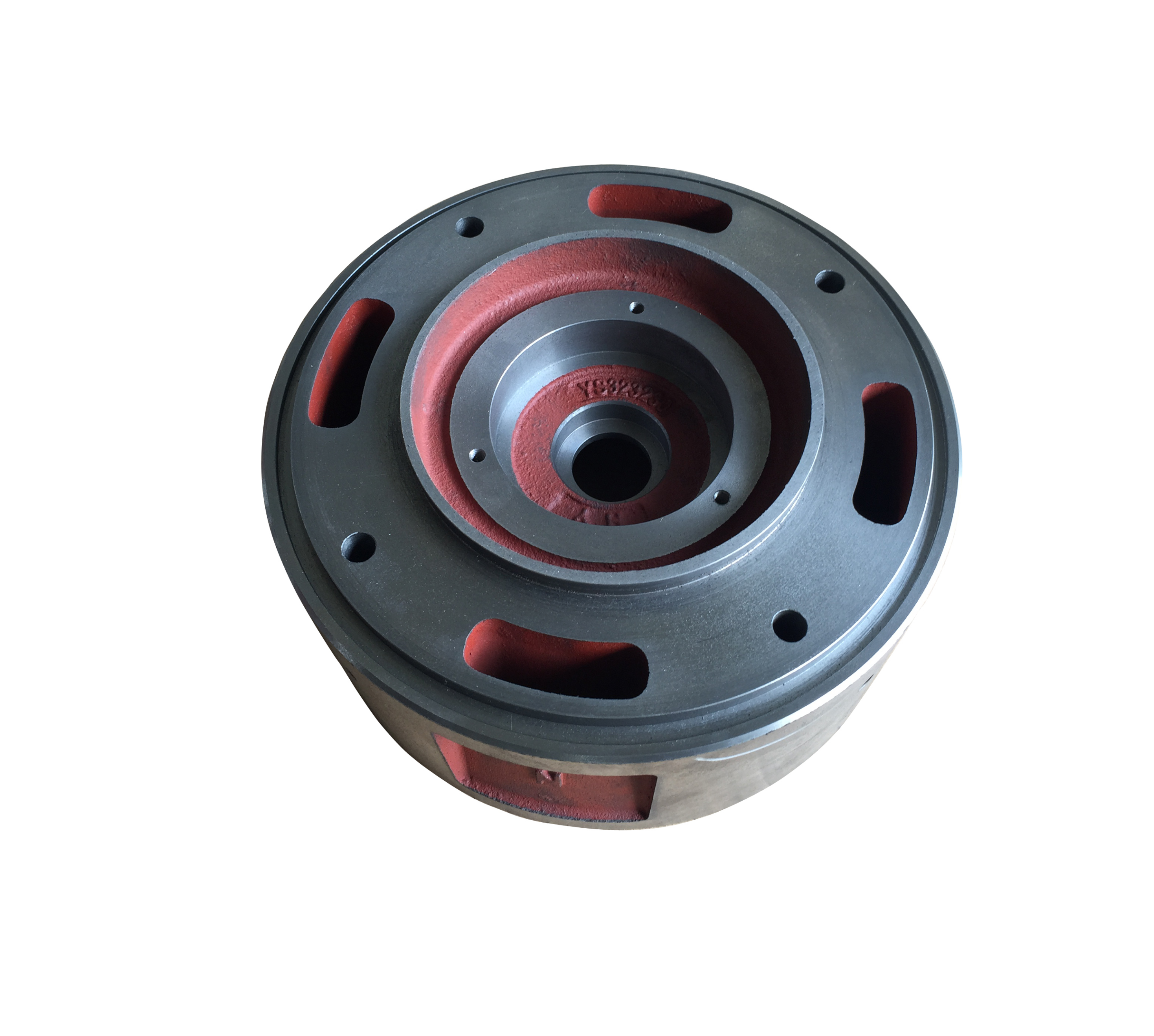
Material properties:
Aluminum profiles are made of aluminum alloy, which are lightweight and have good thermal conductivity. The density of aluminum is low, so the aluminum Cast Iron Motor Housing is lighter than the cast iron Cast Iron Motor Housing of the same volume. Cast iron is a strong and heavy metal composed primarily of iron, carbon, and other alloying elements. The density of cast iron is higher than that of aluminum profiles, so a cast iron shell of the same volume is heavier than an aluminum profile shell.
Strength and Hardness:
Aluminum profiles are relatively light, but they have high strength and hardness and excellent corrosion resistance. Cast Iron Motor Housing is generally heavier than aluminum, but it may be higher in strength and hardness, especially for some industrial applications.
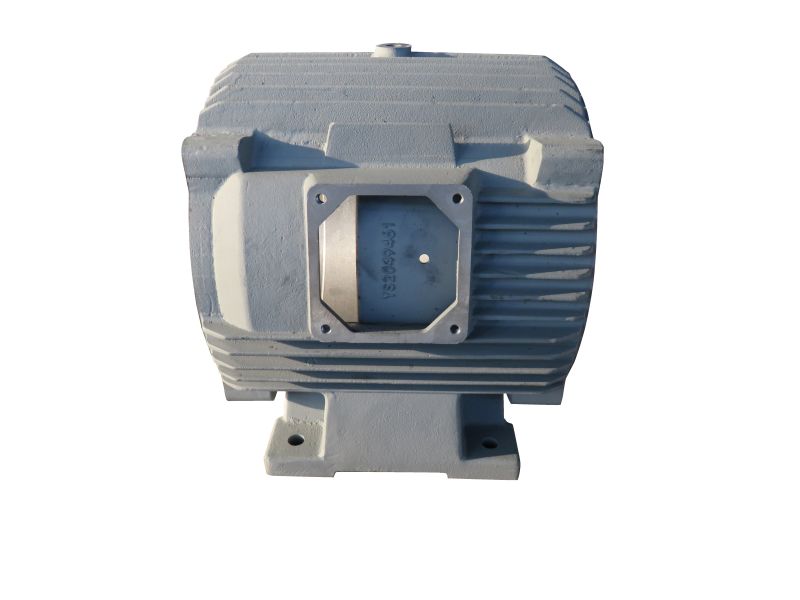
Cost:
Generally speaking, the manufacturing cost of aluminum Cast Iron Motor Housing is relatively high, but this can partially make up for its lightweight and other performance advantages. Cast Iron Motor Housing is generally less expensive to manufacture, but there may be a weight and performance trade-off in some applications.
Processing and manufacturing:
Aluminum profiles are relatively easy to process and form, and various shapes can be manufactured through processes such as extrusion and rolling of aluminum profiles. Cast iron, on the other hand, is typically cast by melting the metal and then pouring it into a mold, which can require a more complex manufacturing process.
Thermal conductivity:
Aluminum profiles have good thermal conductivity and help dissipate heat, so they may be more suitable in some applications that require good heat dissipation performance. Cast iron generally has poor thermal conductivity but may be more resistant in certain high temperature applications.
Therefore, when selecting Cast Iron Motor Housing materials, these factors need to be weighed against specific application needs and performance requirements.
